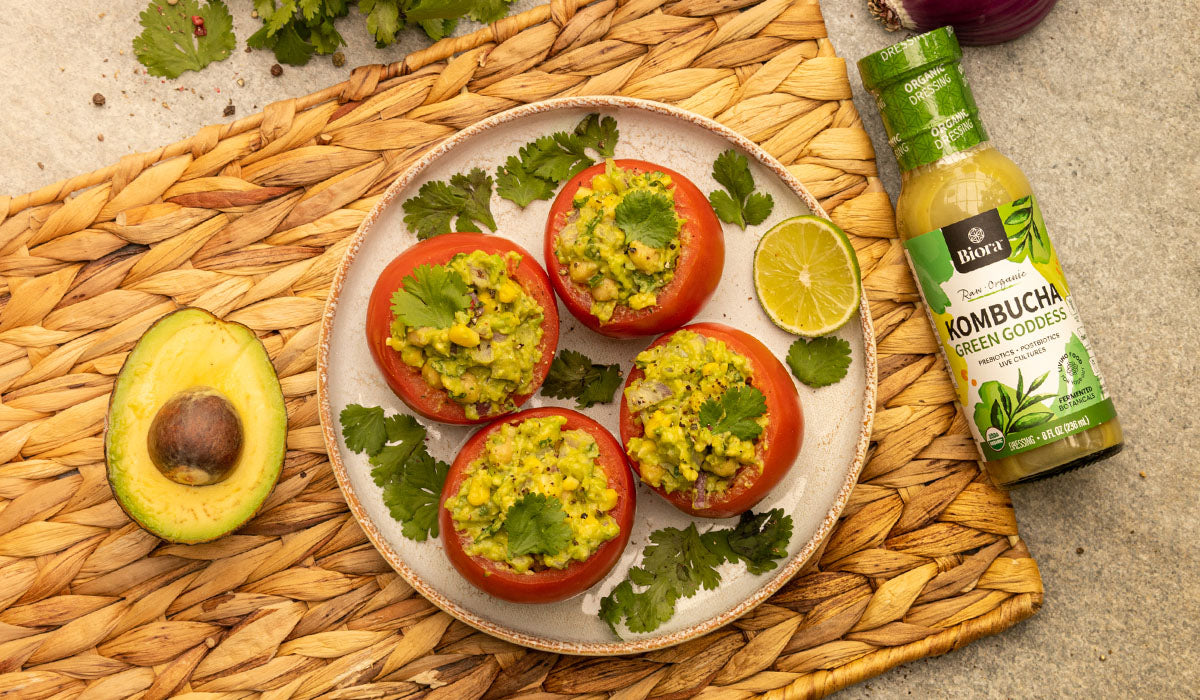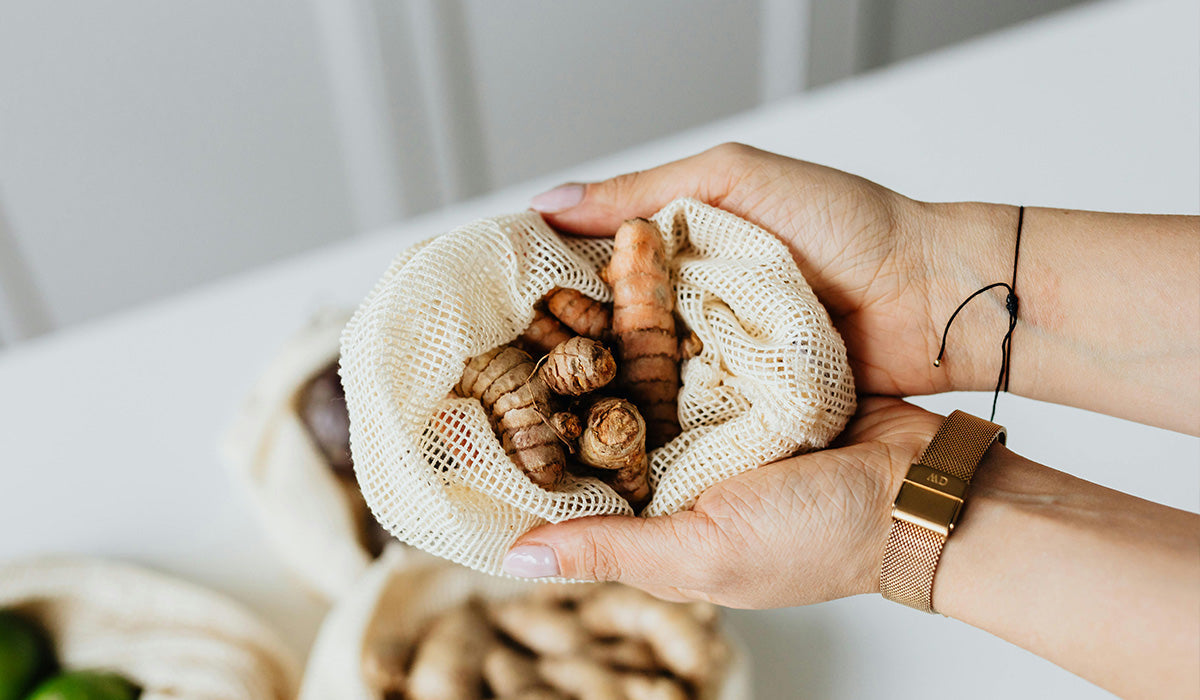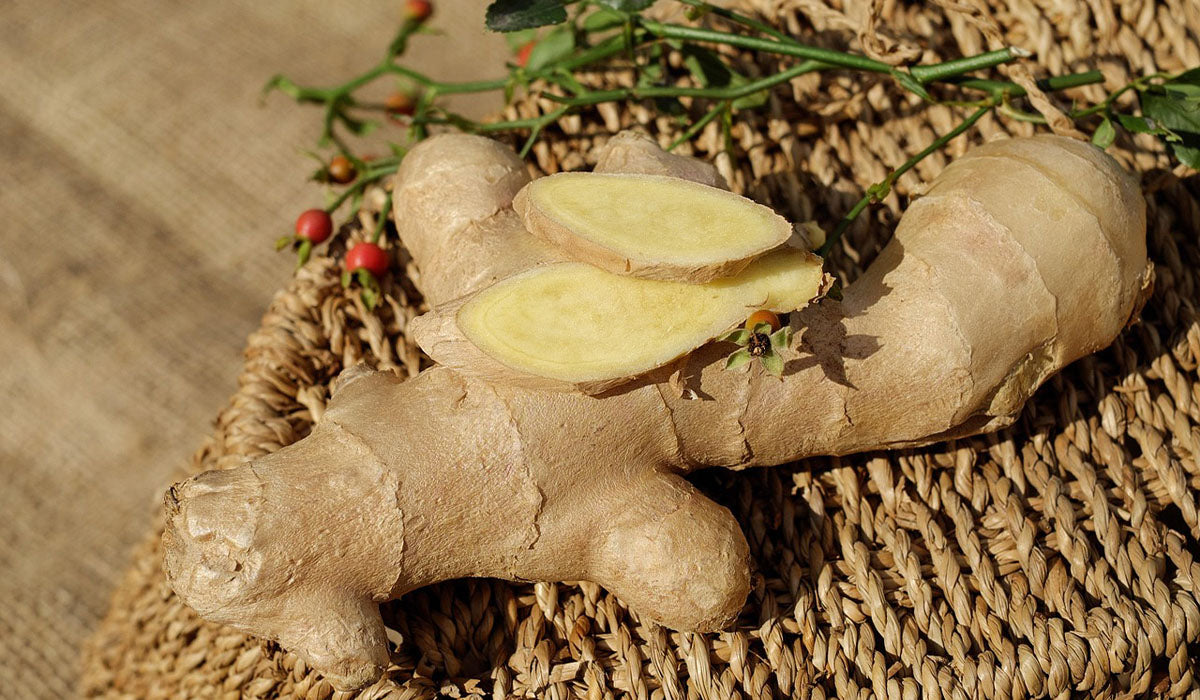Kombucha, a fermented tea drink, has surged in popularity over the past few years, celebrated for its distinctive taste and purported health benefits. However, there's a persistent question that often confuses newcomers and seasoned drinkers alike: Is kombucha a mushroom? This misconception stems partly from its nickname, "mushroom tea," despite the fact that kombucha is not made from mushrooms nor does it contain any fungal elements typically associated with mushrooms like portobellos or shiitakes.
What is Kombucha?
Kombucha is a slightly effervescent, fermented drink made from sweetened tea. The fermentation process is initiated by a symbiotic colony of bacteria and yeast, commonly referred to as a SCOBY (Symbiotic Culture Of Bacteria and Yeast). This SCOBY often looks like a beige or white rubbery pancake, which can somewhat resemble a mushroom cap, hence the confusion.
The Origins and History
The origins of kombucha are not precisely known, though it is believed to have originated in Northeast China or Manchuria around 220 B.C. The drink was traditionally valued for its detoxifying and energizing properties. It later spread to Russia and other parts of Europe in the early 20th century. The term "mushroom tea" likely originated due to the SCOBY’s appearance and because the Chinese word for SCOBY, "jun," can also mean "mushroom."
The Brewing Process
To brew kombucha, a SCOBY is placed in sweetened black or green tea and allowed to ferment at room temperature for 1 to 3 weeks. During fermentation, the SCOBY consumes the majority of the sugar in the tea, transforming the tea into a nutrient-rich beverage with vinegar-like acidity. The process yields not only a bubbly drink but also another SCOBY, which can be used to brew future batches.
Health Benefits
Proponents of kombucha tout a variety of health benefits, including improved digestion, enhanced immune function, and liver detoxification. These claims are primarily attributed to the presence of probiotics—beneficial bacteria produced during the fermentation process. While some scientific studies support these benefits, more research is needed to conclusively prove kombucha’s health claims.
Kombucha Is Not a Fungus
It’s crucial to clarify that kombucha itself is not a fungus; it’s a colony of bacteria and yeast. The confusion may also arise from the process of fermentation, which is commonly associated with yeast activity, as seen in bread and alcoholic beverages. However, the yeast in kombucha works together with bacteria in a mutually beneficial relationship, producing a complex web of nutrients.
Culinary Uses
Beyond its health implications, kombucha has also found a place in the culinary world. Its tangy flavor makes it a versatile ingredient in beverages, salad dressings (like Biora's kombucha-based dressings), marinades, and even cocktails. Chefs and food enthusiasts often experiment with kombucha as a substitute for vinegar or lemon juice to add a unique twist to traditional recipes.
Conclusion
So, to set the record straight: no, kombucha is not a mushroom. The mislabeling is a mix of historical references and visual appearance rather than botanical classification. Understanding what kombucha is—and isn’t—can help consumers better appreciate and integrate this intriguing beverage into their diets, enjoying not only its taste but also its cultural heritage and potential health benefits.
In exploring the world of kombucha, it’s fascinating to see how a simple misunderstanding can lead to widespread myths. Whether you drink it for health reasons or just for its unique taste, kombucha offers a link to ancient traditions and modern culinary innovation.




